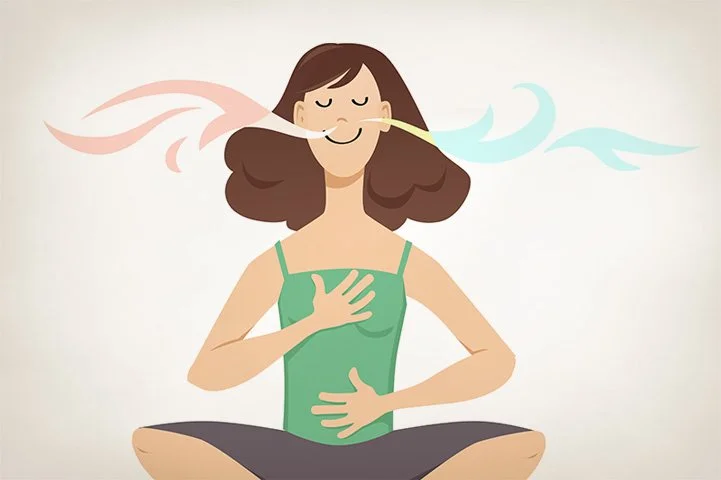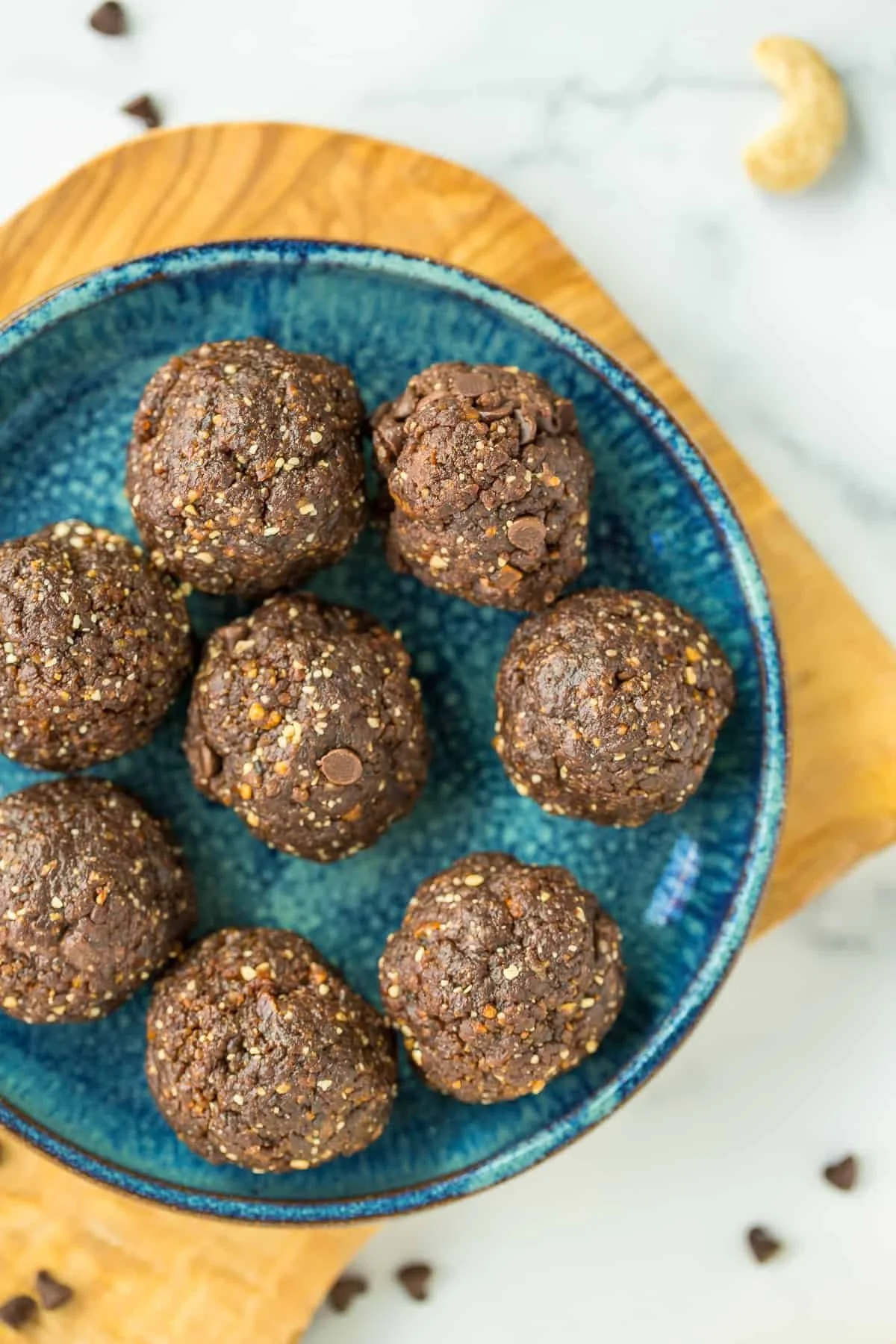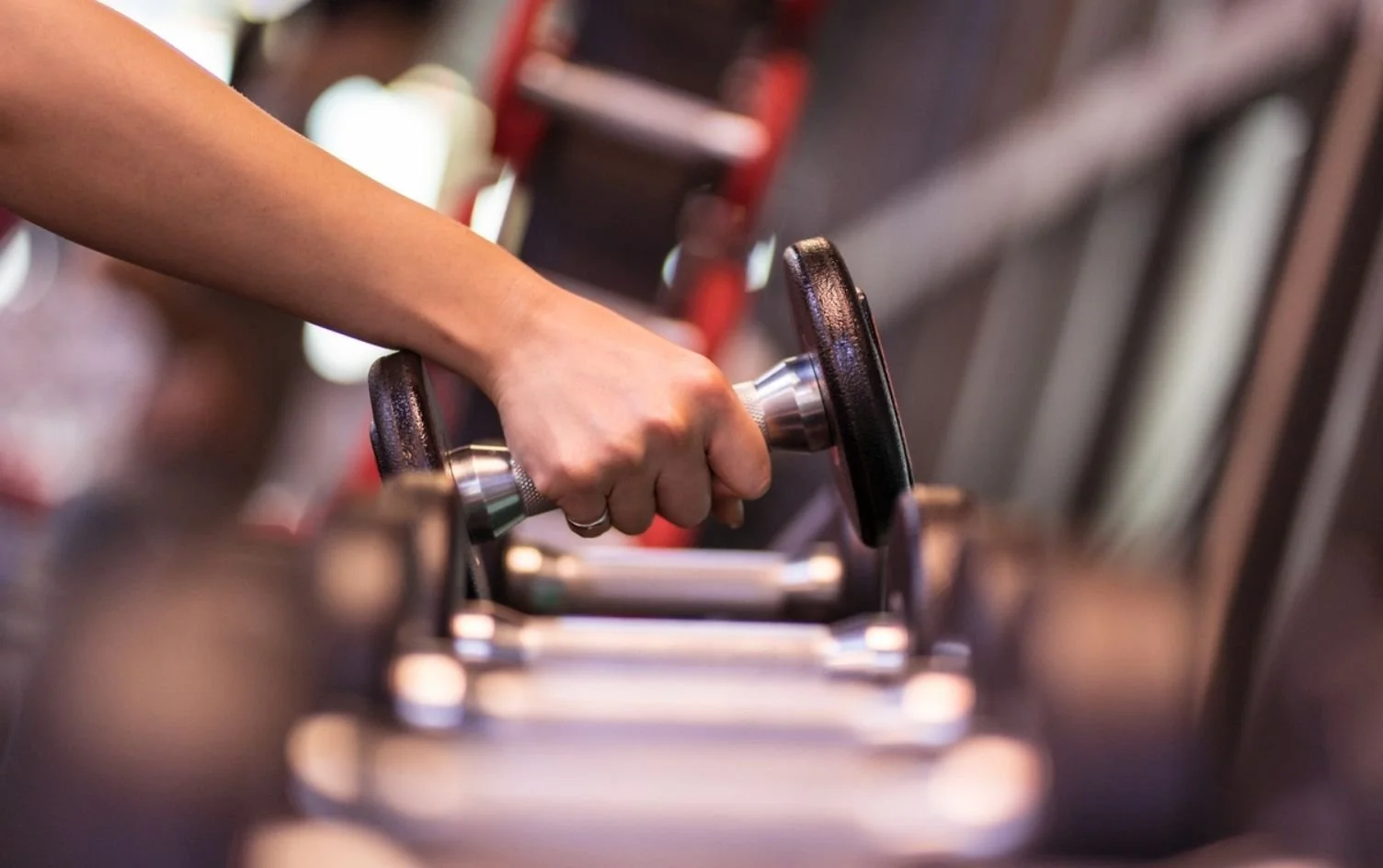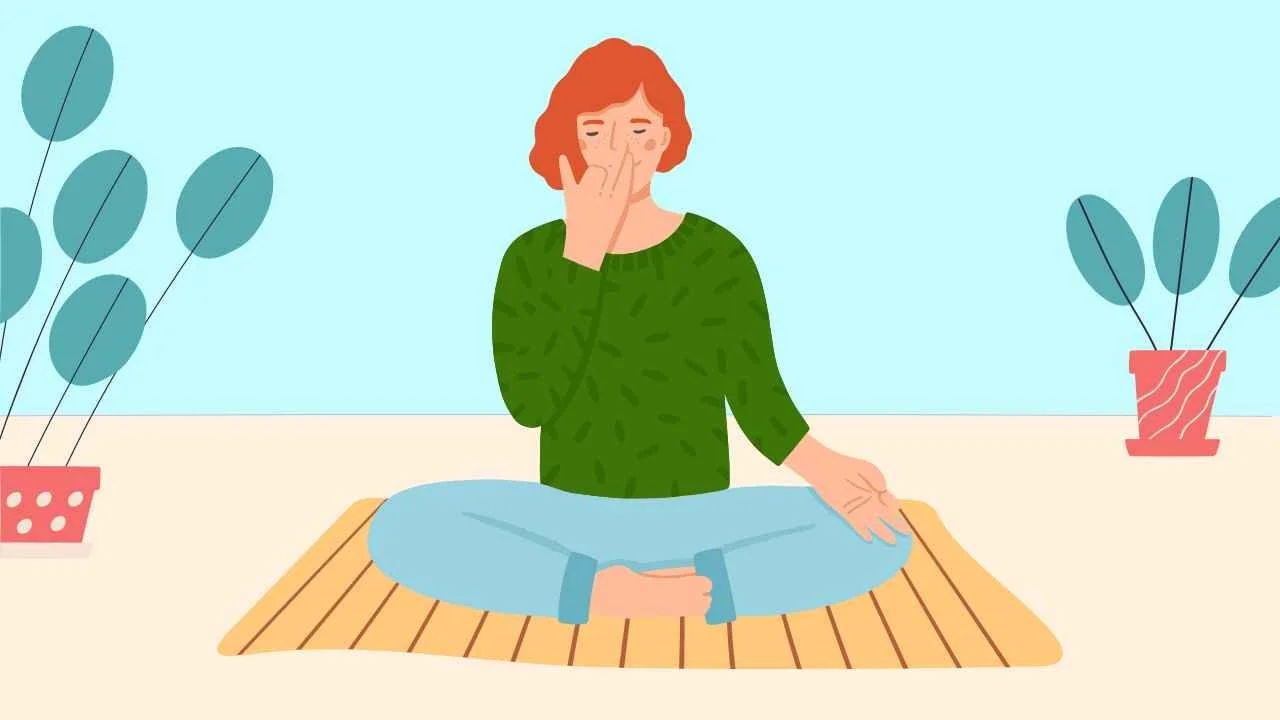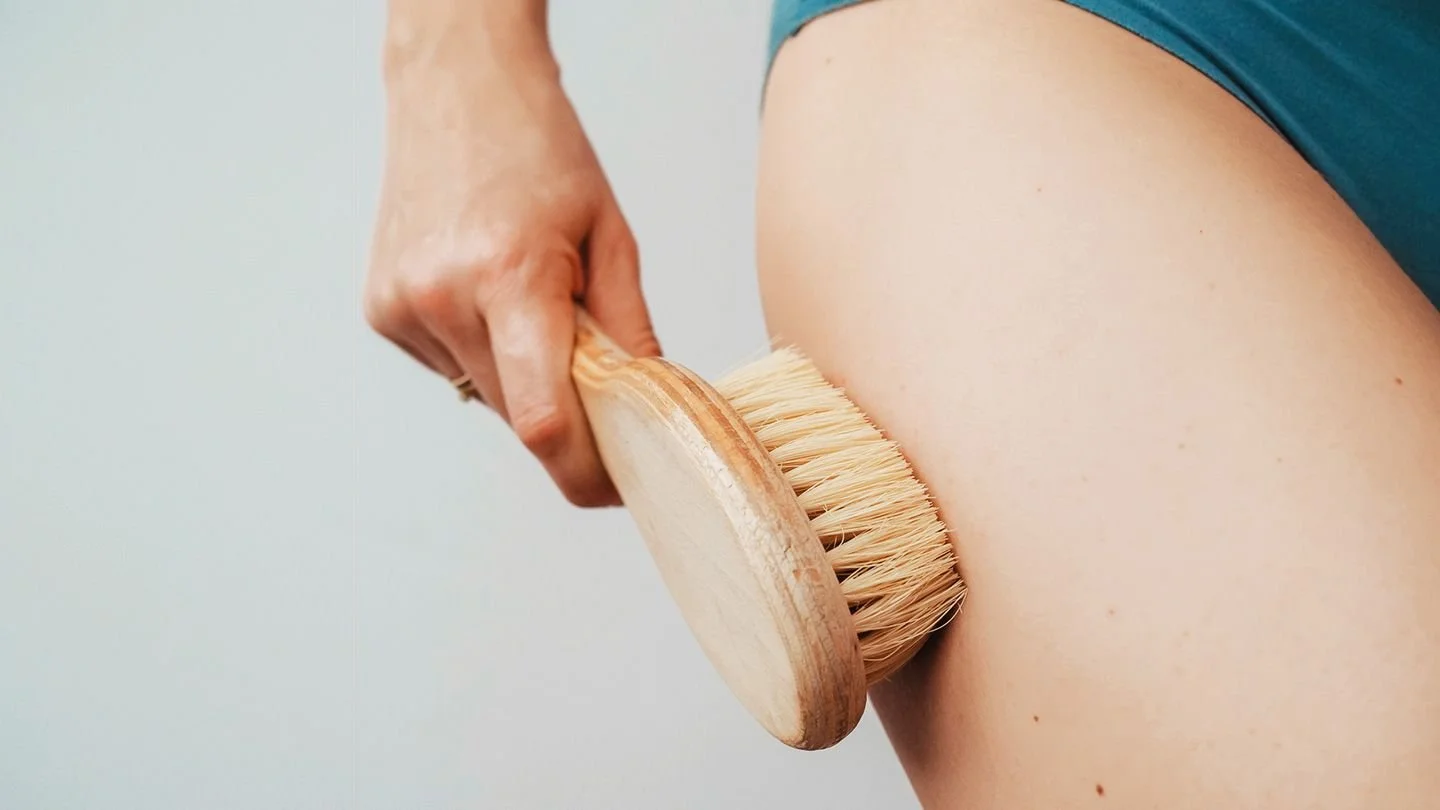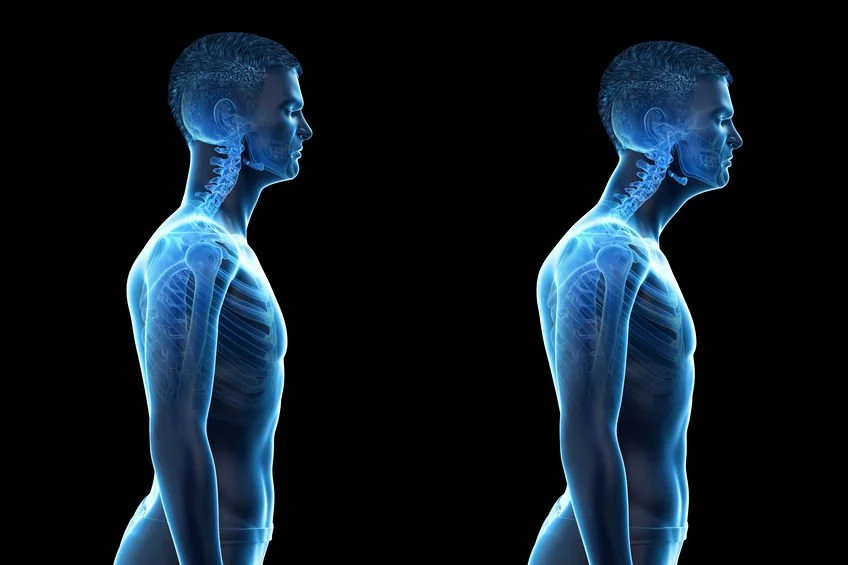Pranayama is the practice of controlling the breath in yoga. The word "pranayama" comes from the Sanskrit words "prana" (life force energy) and "ayama" (to extend or regulate), and the practice is believed to help balance the flow of prana through the body, calm the mind, and promote overall health and well-being.
These banana cacao powerballs are a healthy and delicious snack that is packed with fiber, protein, and nutrients. They make a great pre-workout snack or mid-day pick-me-up!
Creating a Morning Routine That Works for You: Tips and Tricks for a More Mindful and Productive Day
Remember, the most important thing is to find rituals that work for you and fit into your lifestyle. Experiment with different practices and adjust as needed to find a morning routine that helps you feel your best.
Cashew cheese is a versatile and delicious alternative to dairy-based cheeses, and can be customized with a variety of herbs, spices, or other flavorings to suit your taste preferences.
Here is a recipe for a basic cashew cheese:
Ingredients:
2 cups raw cashews, soaked in water for at least 4 hours or overnight
1/4 cup nutritional yeast
1/4 cup lemon juice
1/4 cup water
2 cloves garlic, minced
1 tsp salt
Optional: herbs, spices, or other flavorings to taste
Instructions:
Drain the soaked cashews and place them in a food processor or high-speed blender.
Add the nutritional yeast, lemon juice, water, garlic, salt, and any other flavorings you like.
Blend the mixture on high speed until it is smooth and creamy, scraping down the sides of the bowl as needed.
Taste the cashew cheese and adjust the seasoning as needed.
Transfer the cashew cheese to a bowl or container and refrigerate for at least an hour, or until it is firm enough to slice or spread.
Serve the cashew cheese as a spread on crackers or bread, as a dip for vegetables, or as a topping for salads or pasta dishes.
Enjoy!!
Strength training and yoga offer different benefits, which is why it's important to incorporate both into your fitness routine.
Strength training primarily focuses on building and maintaining muscle mass, improving physical performance, and enhancing bone health, while yoga focuses on flexibility, balance, and mindfulness.
Incorporating strength training into your fitness routine can help build and maintain muscle mass, improve bone density, and increase overall strength and power, making it easier to perform daily activities and reducing the risk of injury.
On the other hand, practicing yoga can improve flexibility, balance, and posture, while also reducing stress and improving mental and emotional well-being.
By combining strength training and yoga, you can achieve a well-rounded fitness routine that addresses both the physical and mental aspects of health and fitness. This can lead to improved physical performance, reduced risk of injury, enhanced overall health, and a greater sense of well-being.
5 Reasons Strength training is important:
Builds and maintains muscle mass: Strength training helps build and maintain muscle mass, which is important for maintaining a healthy body composition, improving physical performance, and preventing age-related muscle loss.
Increases strength and power: By regularly engaging in strength training, you can improve your strength and power, making it easier to perform daily activities and reducing the risk of injury.
Boosts metabolism: Muscle tissue burns more calories than fat tissue, so increasing muscle mass through strength training can help boost your metabolism, making it easier to maintain a healthy weight.
Enhances bone health: Strength training can help increase bone density, reducing the risk of fractures and osteoporosis.
Improves overall health: Strength training has been linked to improved cardiovascular health, reduced blood pressure, and improved glucose metabolism.
In summary, strength training combined with yoga offers a well-rounded fitness routine, with benefits ranging from improved physical performance to enhanced overall health.
Remember, setting better boundaries is a process that takes time and practice. It may involve making mistakes or encountering resistance from others, but with persistence and self-care, you can establish boundaries that support your well-being and bring greater balance to your life.
It's important to approach trataka with mindfulness and respect, and to stop if you experience any discomfort or eye strain. It's also important to consult with a qualified yoga teacher or healthcare professional to determine if the practice is appropriate for your individual needs and health status.
Nadi Shodhana is a pranayama (breathing) practice in yoga that is also known as "alternate nostril breathing." It involves using the fingers to alternately close one nostril at a time, while breathing in and out through the other nostril.
The practice of Nadi Shodhana is believed to help balance the flow of energy (prana) through the body, calm the mind, and reduce stress and anxiety. It is often used as a preparatory practice for meditation or as a standalone practice to promote relaxation and mental clarity.
To practice Nadi Shodhana, sit in a comfortable position with the spine straight and the hands resting on the knees. Use the right hand to block the right nostril with the thumb, and inhale deeply through the left nostril. At the top of the inhale, use the ring finger to block the left nostril and exhale through the right nostril. Inhale through the right nostril, then use the thumb to block the right nostril and exhale through the left nostril. Continue to alternate nostrils in this way, inhaling and exhaling deeply through each nostril.
It's important to practice Nadi Shodhana gently and mindfully, and to stop if you experience any discomfort or dizziness. It's also important to consult with a qualified yoga teacher or healthcare professional to determine if Nadi Shodhana is appropriate for your individual needs and health status.
When choosing a natural toothpaste, it's important to look for one that is free from harsh chemicals and artificial ingredients, and contains ingredients that are effective at fighting plaque and promoting oral health. It's also important to choose a toothpaste with fluoride to help prevent cavities.
The brushing action of dry brushing can help to stimulate blood flow and promote lymphatic drainage, helping to remove toxins from the body.
Trigger points can occur in any muscle throughout the body, but there are several areas where they are most commonly found. Here are some of the most common trigger points and their associated areas of pain or discomfort:
“Vibration and sound healing are considered powerful healing modalities because they can affect the body, mind, and spirit on a deep, cellular level. Here are a few reasons why:”
The amount of time it takes to create new neural pathways in the brain can vary depending on a number of factors, including the individual, the complexity of the task, and the amount of practice involved. However, research suggests that it can take several weeks to several months of consistent practice to create lasting changes in the brain.
Overall, good posture can have a positive impact on emotions by improving confidence, mood, energy, and reducing feelings of stress and anxiety. By practicing good posture on a regular basis, we can promote overall physical and mental well-being.
Head forward posture, also known as forward head posture or anterior head carriage, is a common postural problem that occurs when the head is positioned too far forward in relation to the shoulders. It is often associated with a hunched or rounded upper back and can contribute to neck and shoulder pain.
When a star runs out of fuel and dies in a massive explosion called a supernova, the heavy elements that were created in the star's core are scattered into space. Over time, this material can come together to form new stars, planets, and eventually, life.
Yoga Nidra has been shown to have a range of health benefits, including reducing anxiety and depression, improving sleep quality, and enhancing overall feelings of relaxation and well-being. It is often used as a complementary therapy to support the treatment of conditions like insomnia, chronic pain, and PTSD.
Be impeccable with your word: This agreement emphasizes the importance of speaking truthfully and kindly, and avoiding gossip, criticism, and self-judgment.
The Wim Hof Method is a holistic health and wellness program developed by Dutch athlete and adventurer Wim Hof, also known as "The Iceman." The method combines several elements, including cold exposure, breathing exercises, and meditation, to help individuals improve their physical and mental health.
Massage therapy has also been found to have positive effects on brain function and memory. Massage can help reduce stress and improve relaxation, which can improve cognitive function and memory. It has also been shown to increase blood flow to the brain, which can enhance cognitive performance and support brain health.

